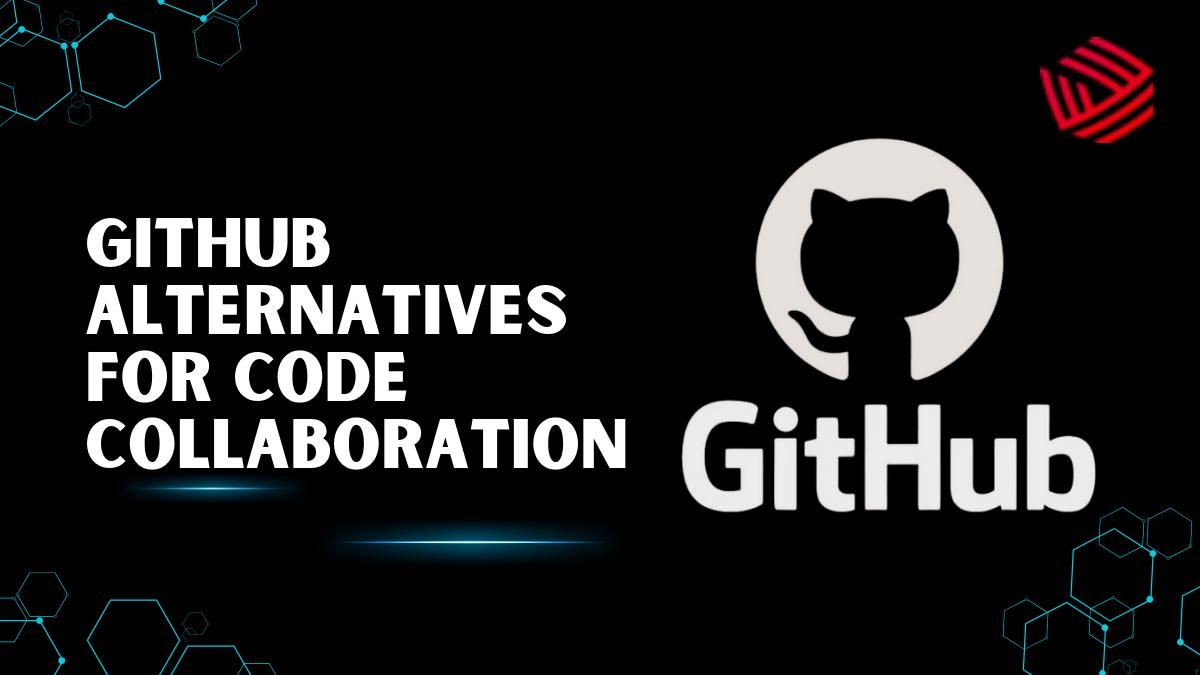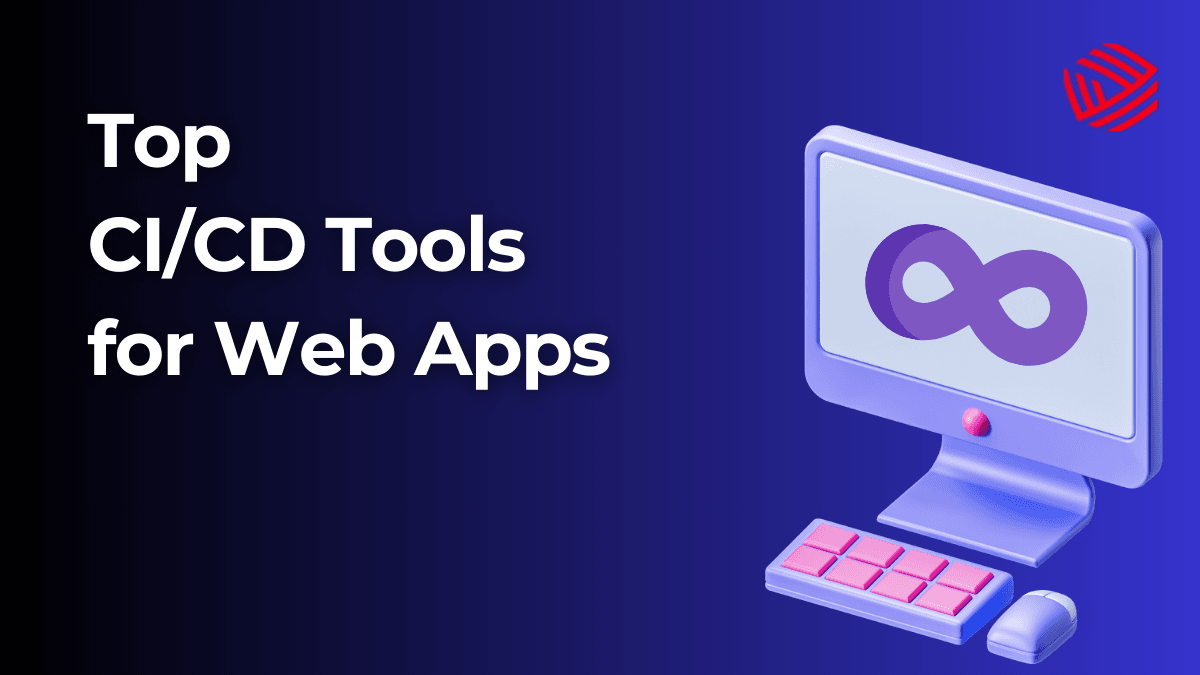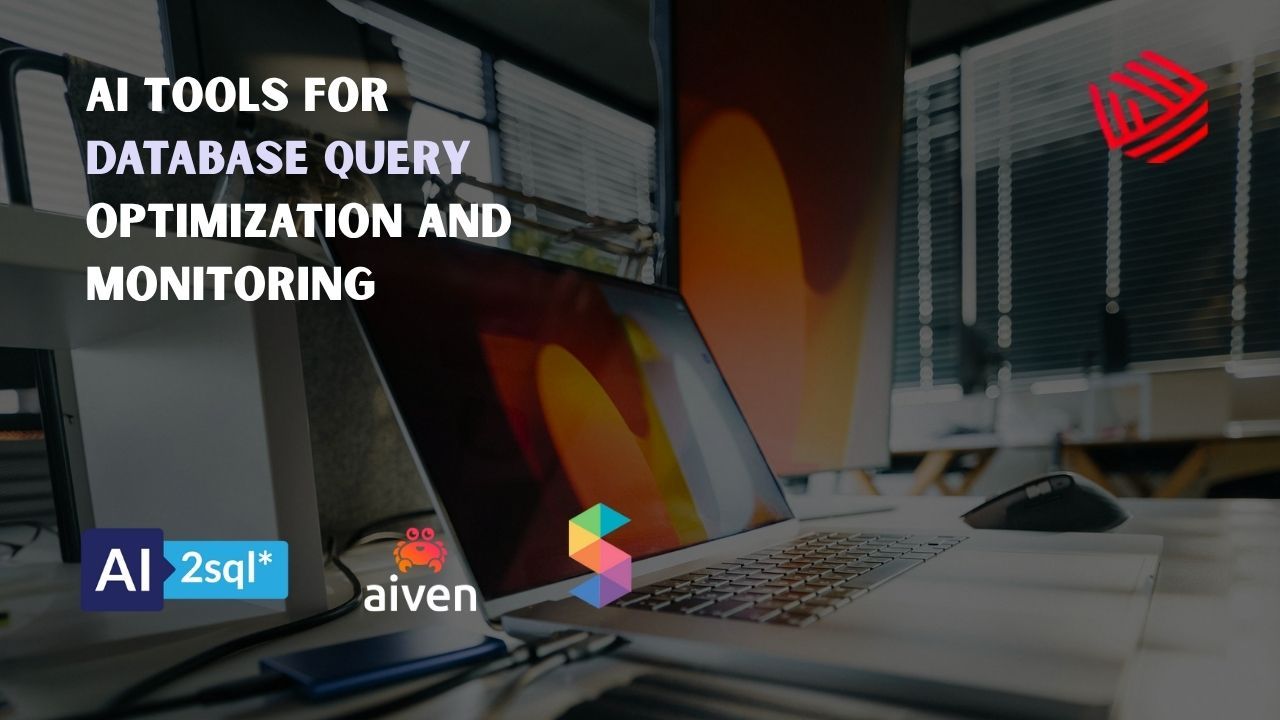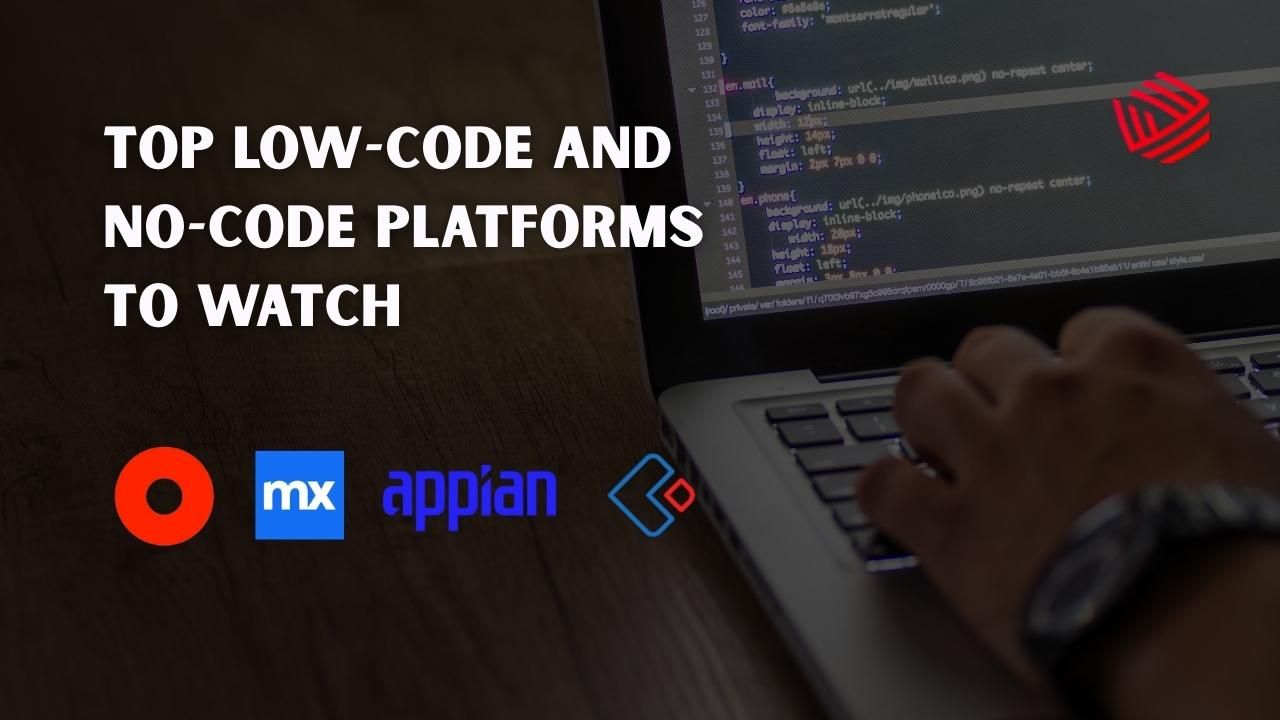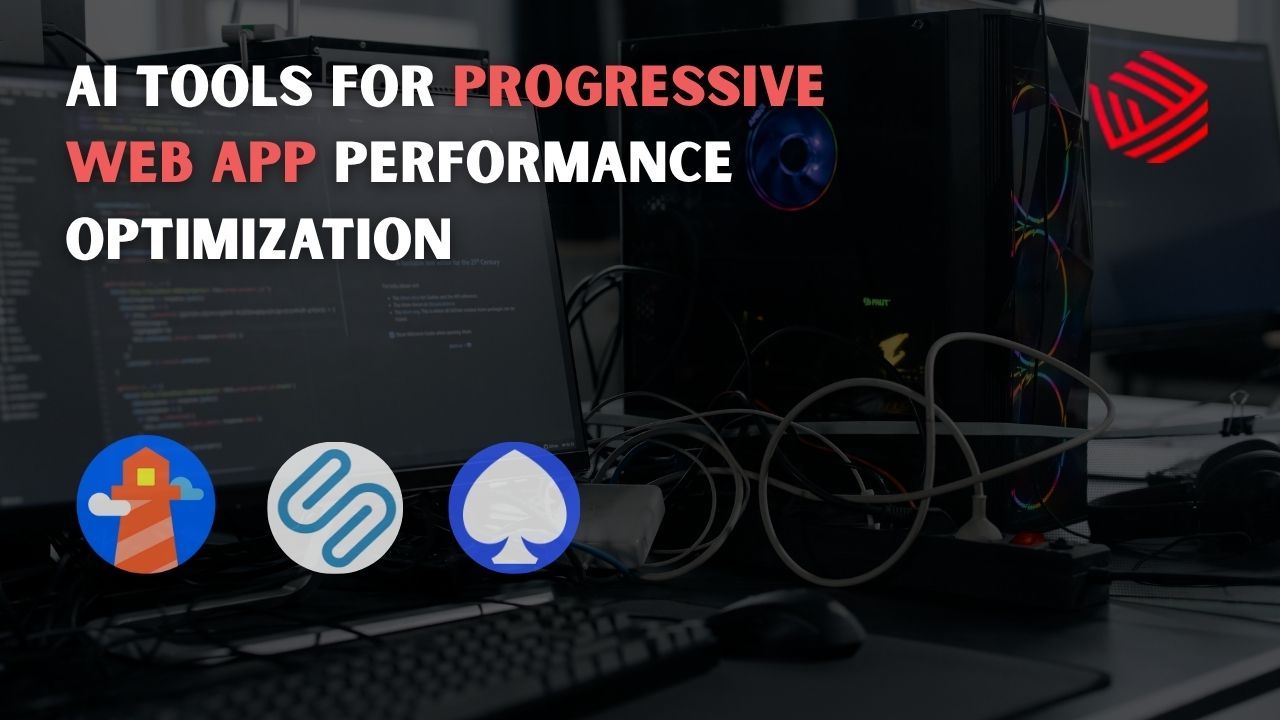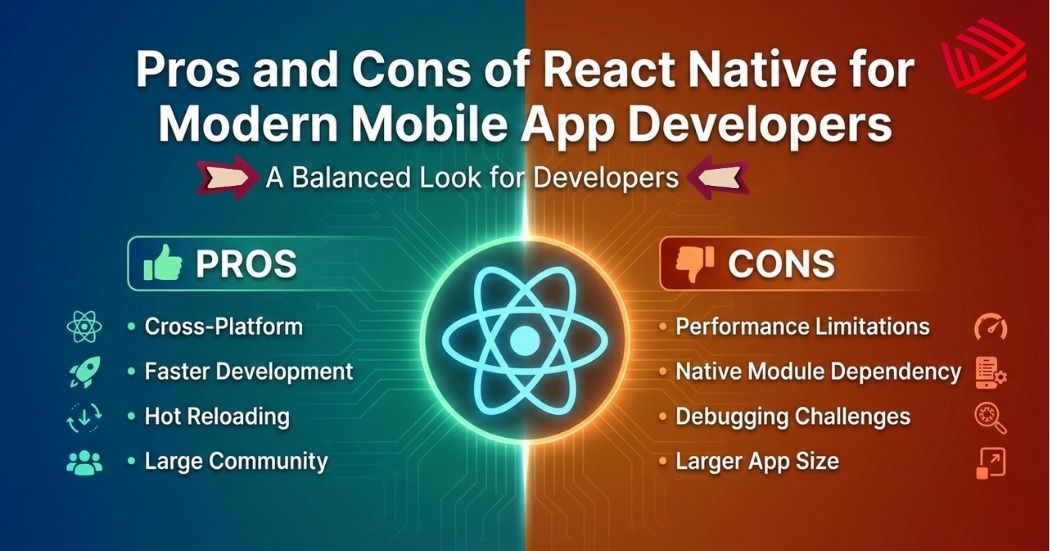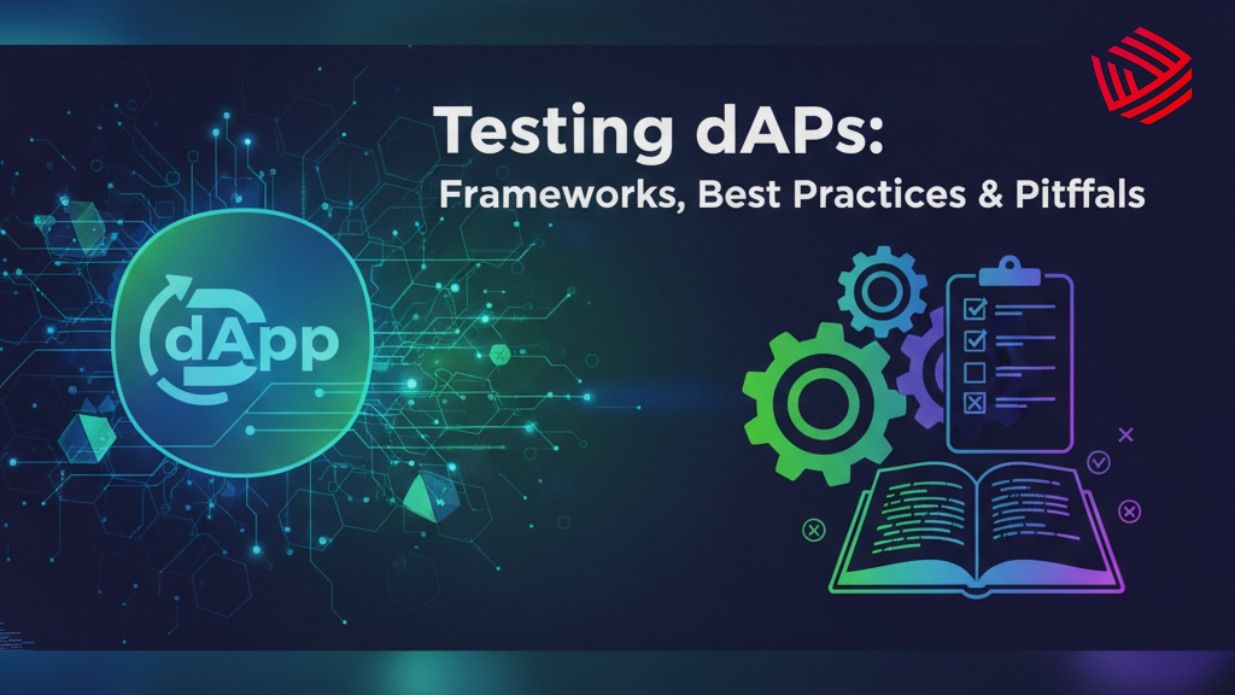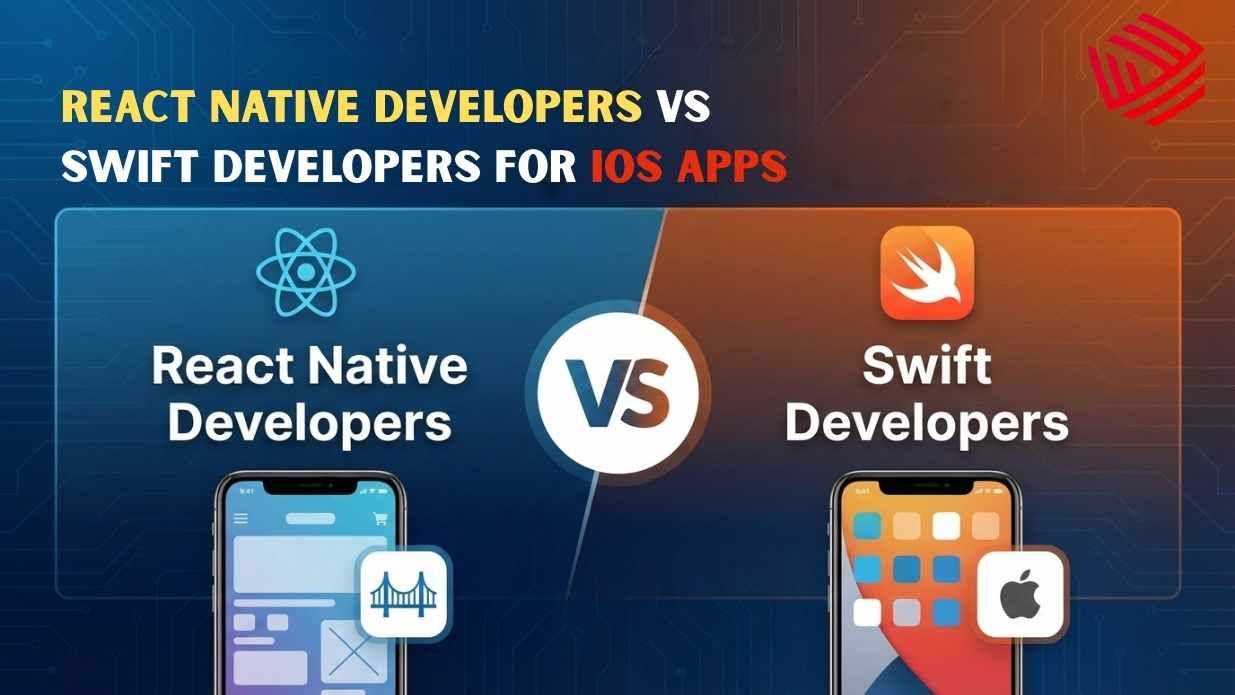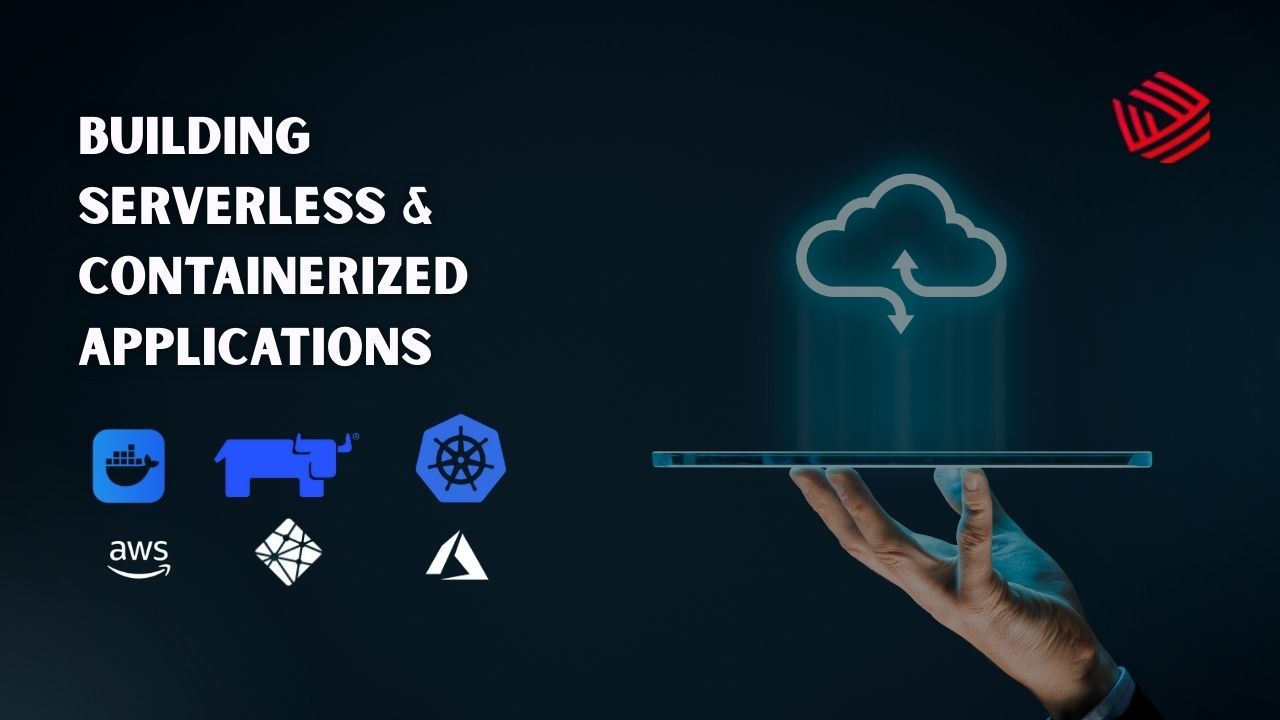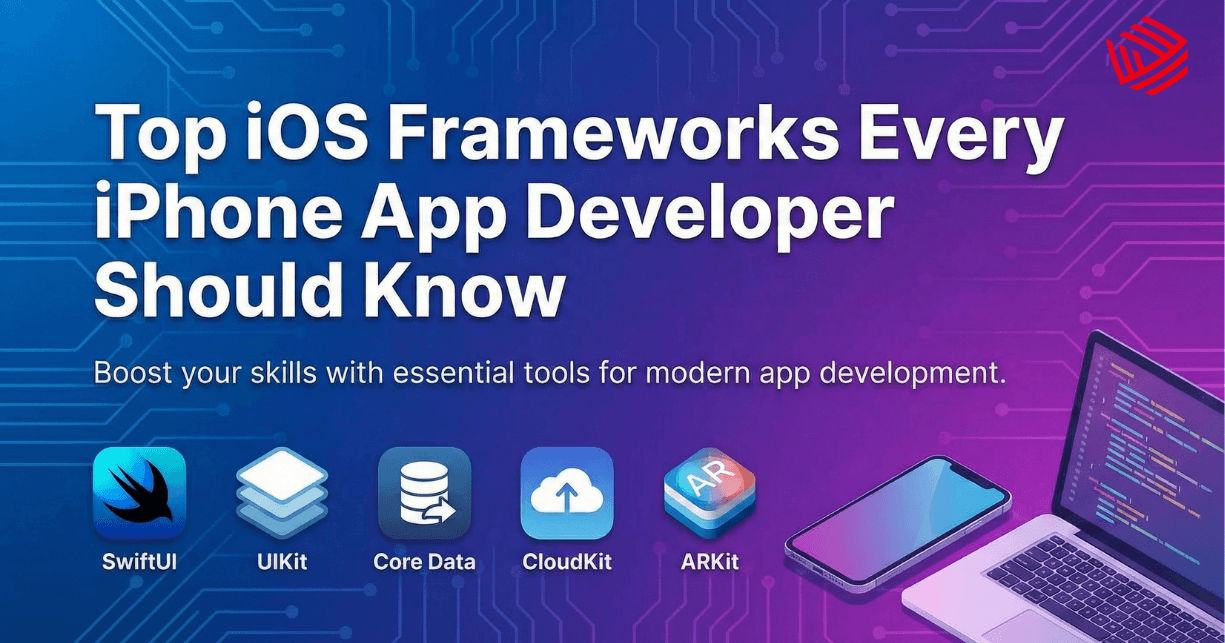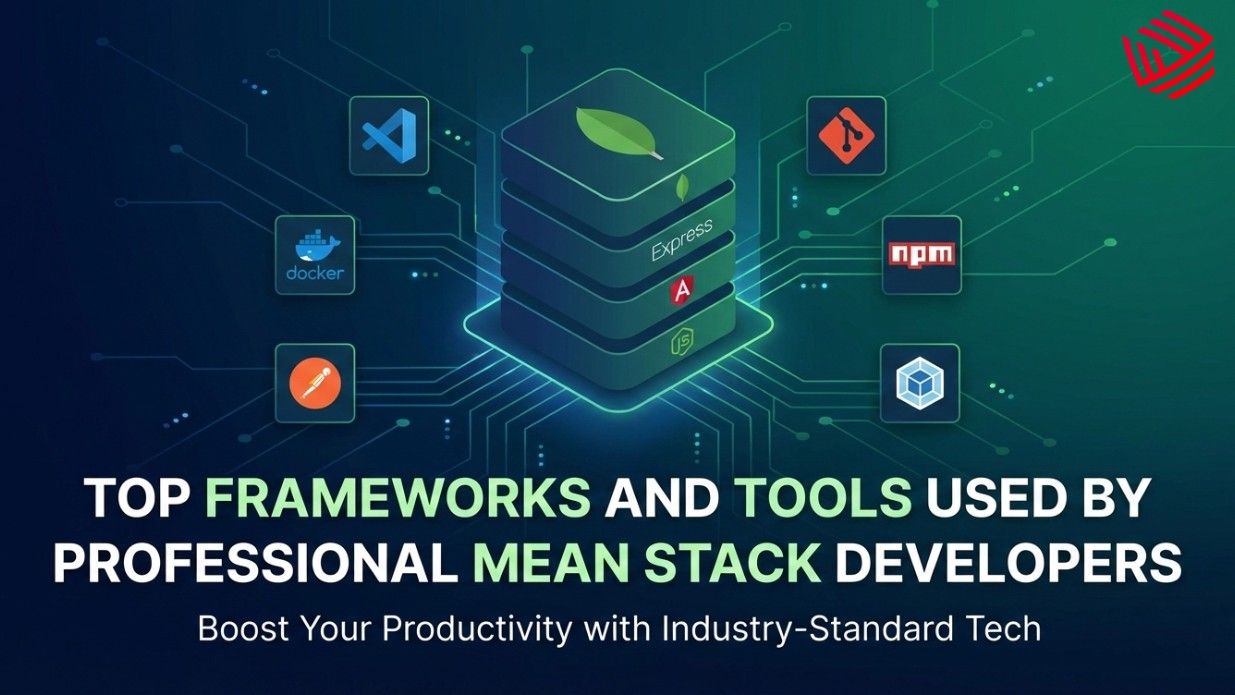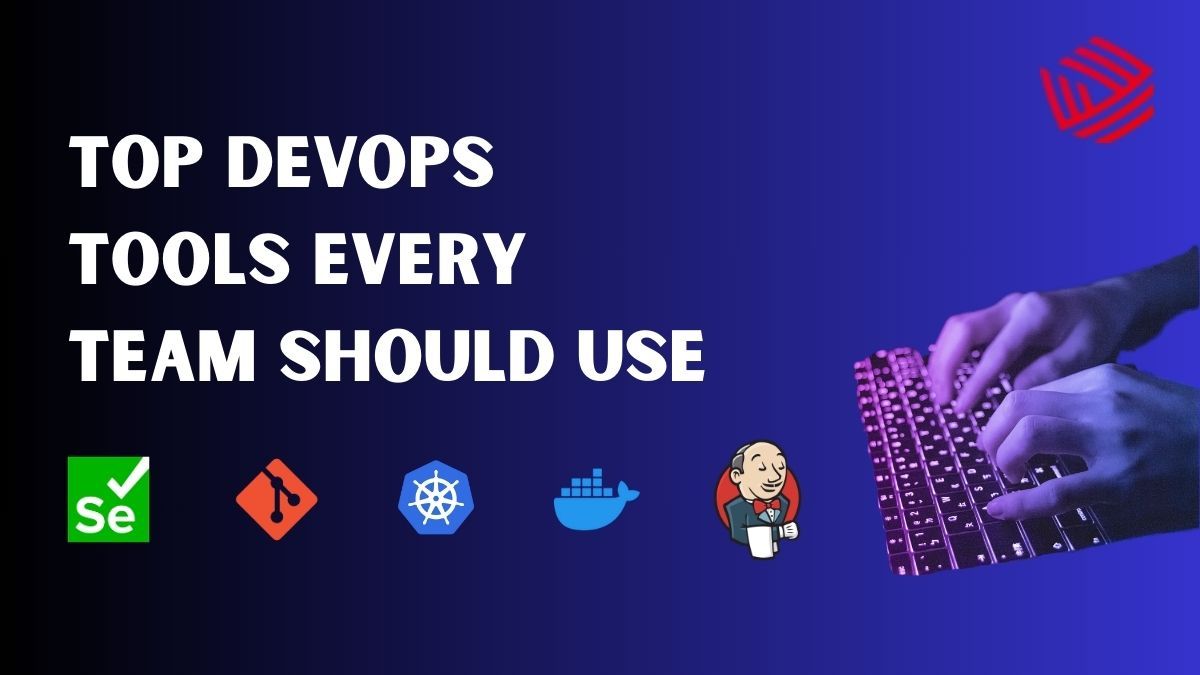In today’s collaborative development landscape, GitHub stands out as the dominant platform for version control and collaborative coding. However, it's not the only player in the game. Whether you're looking for more privacy, better enterprise features, self-hosting capabilities, or open-source freedom, several strong GitHub alternatives offer robust functionality for individuals, startups, and large-scale enterprises.
Why Look for a GitHub Alternative?
While GitHub is powerful, there are reasons developers and teams explore other options:
- Privacy & Control: Some companies require full control over their source code and prefer self-hosted solutions.
- Pricing: GitHub’s advanced features can be costly, especially for larger teams.
- CI/CD Integration: Alternative platforms may offer better or more integrated DevOps pipelines.
- Custom Workflows: Advanced workflow customization may be easier or more flexible in other platforms.
- Regulatory Compliance: Certain industries have compliance requirements that necessitate alternative setups.
Top GitHub Alternatives for Code Collaboration
1. GitLab

GitLab is one of the most popular GitHub alternatives, offering a complete DevOps lifecycle platform — from planning and source code management to CI/CD and monitoring. Experienced software engineers delivers high-quality solutions while being productive using the latest tools and tech stacks.
Key Features:
- Built-in CI/CD pipelines.
- Issue tracking, wiki, and project management tools.
- Self-hosted and cloud-hosted options.
Why It’s Great for Collaboration:
GitLab enables collaboration across the entire DevOps lifecycle with native tools, reducing the need for third-party integrations. Its self-hosted option gives teams more control over their infrastructure.
2. Bitbucket
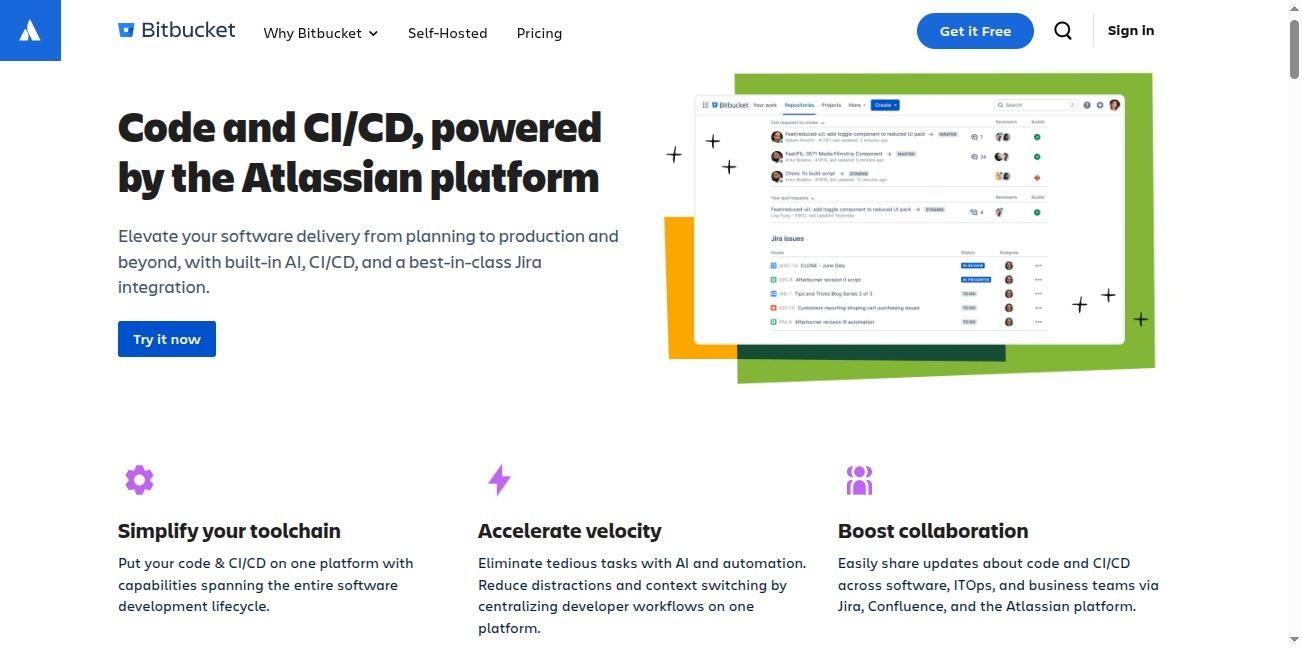
Developed by Atlassian, Bitbucket is a Git-based source code repository solution optimized for teams, with deep integration with Jira and Trello. You can transform your digital identity with our cutting-edge web design services for increasing company growth and seamless experiences.
Key Features:
- Seamless integration with Atlassian tools (Jira, Confluence).
- Built-in CI/CD with Bitbucket Pipelines.
- Granular access control and private repositories.
Why It’s Great for Collaboration:
Bitbucket’s strong Atlassian ecosystem integration enhances collaboration between developers and project managers, particularly in enterprise environments.
3. SourceForge

SourceForge is a veteran in the open-source hosting world, mainly used for distributing open-source software, but it also supports Git, SVN, and Mercurial repositories. You can go for our creative UI UX development for better user experience and increasing the website speed to next level.
Key Features:
- Project management tools and integrated file hosting.
- Git, Mercurial, and Subversion support.
- Built-in download statistics and mirrors for distribution.
Why It’s Great for Collaboration:
SourceForge is ideal for open-source projects that require large-scale distribution and hosting, coupled with collaboration and feedback features.
4. Azure Repos (Azure DevOps)
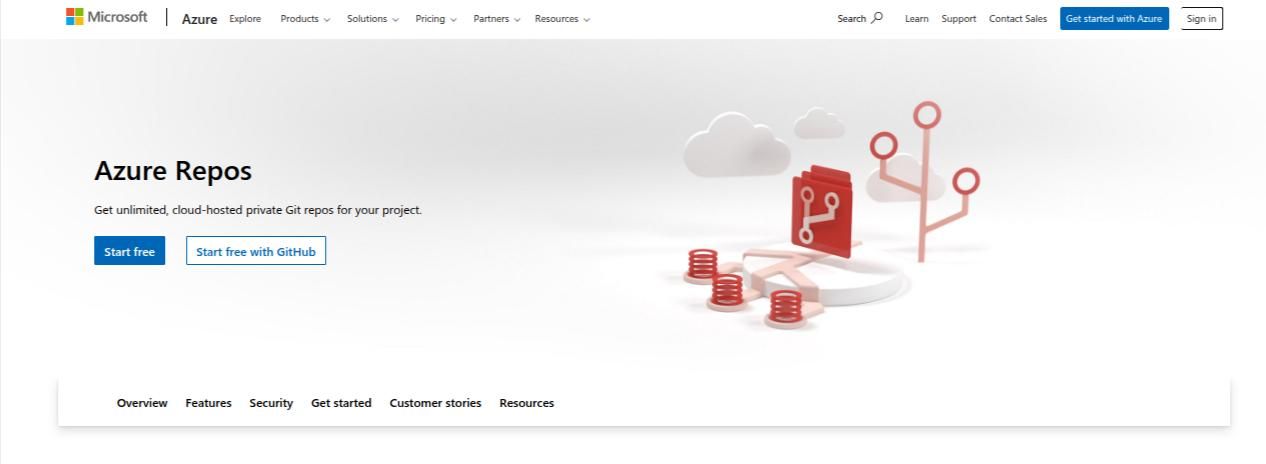
Azure Repos is part of Microsoft’s Azure DevOps suite, providing Git repositories or Team Foundation Version Control (TFVC) for enterprise-grade version control. You can go for end to end development from our full stack teams for getting your next project done with our reliability.
Key Features:
- Integrated with Azure Pipelines for CI/CD.
- Pull requests and branch policies.
- Supports large-scale enterprise collaboration.
Why It’s Great for Collaboration:
Azure Repos offers robust security and integration with Microsoft’s ecosystem, making it ideal for enterprises using Azure for cloud services.
5. Gitea

Gitea is a lightweight, self-hosted Git service written in Go. It is a community-managed, open-source alternative that is easy to install and configure.
Key Features:
- Extremely lightweight and fast.
- Supports Git, issue tracking, and code review.
- Open-source and ideal for customization.
Why It’s Great for Collaboration:
For small teams or developers who want full control without heavy resource usage, Gitea is a great GitHub replacement with collaborative features.
6. Gogs (Go Git Service)
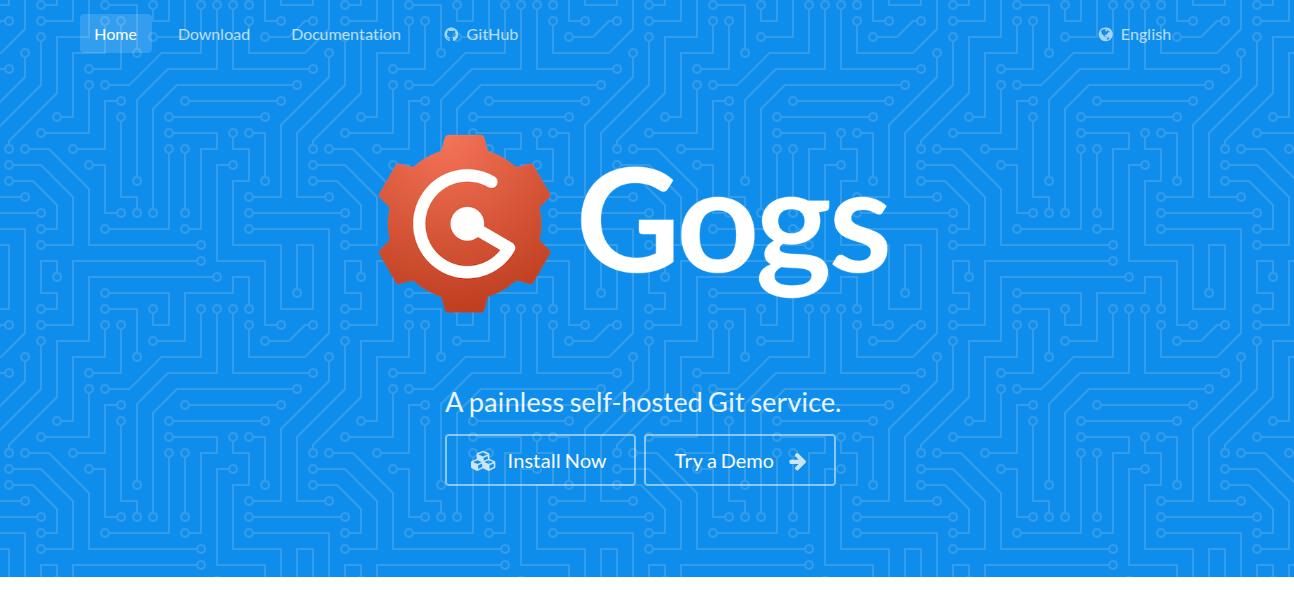
Gogs is a simple, stable, and extensible self-hosted Git service similar to Gitea, but maintained separately with its own goals and features.
Key Features:
- Ultra-lightweight and efficient.
- Supports Git operations, issue tracking, and SSH keys.
- Cross-platform with minimal dependencies.
Why It’s Great for Collaboration:
Gogs is a great pick for teams looking for a minimal but functional Git server with essential collaborative features, especially in private networks.
7. AWS CodeCommit
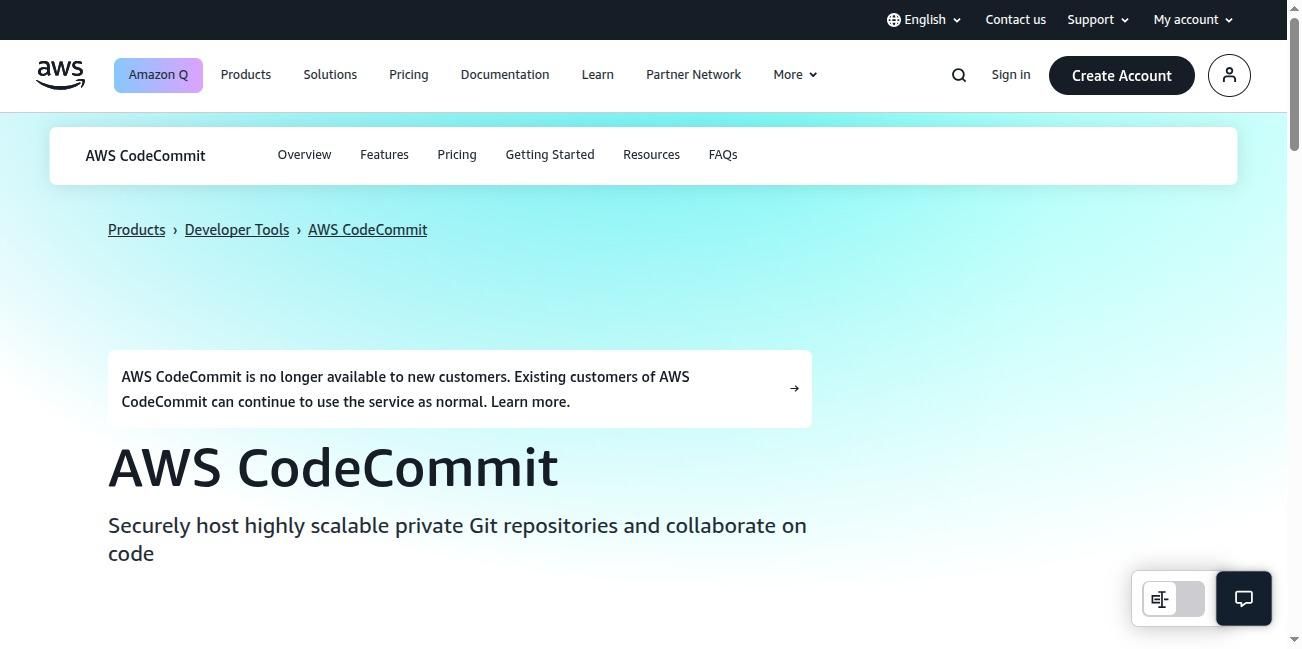
AWS CodeCommit is a fully managed source control service by Amazon that hosts private Git repositories in the cloud.
Key Features:
- Deep AWS service integration (IAM, Lambda, etc.).
- Scalable and secure Git hosting.
- Supports triggers and custom workflows.
Why It’s Great for Collaboration:
CodeCommit is perfect for teams already using AWS, providing high security, seamless scalability, and integration with cloud-native DevOps workflows.
8. Phabricator (Now Archived)
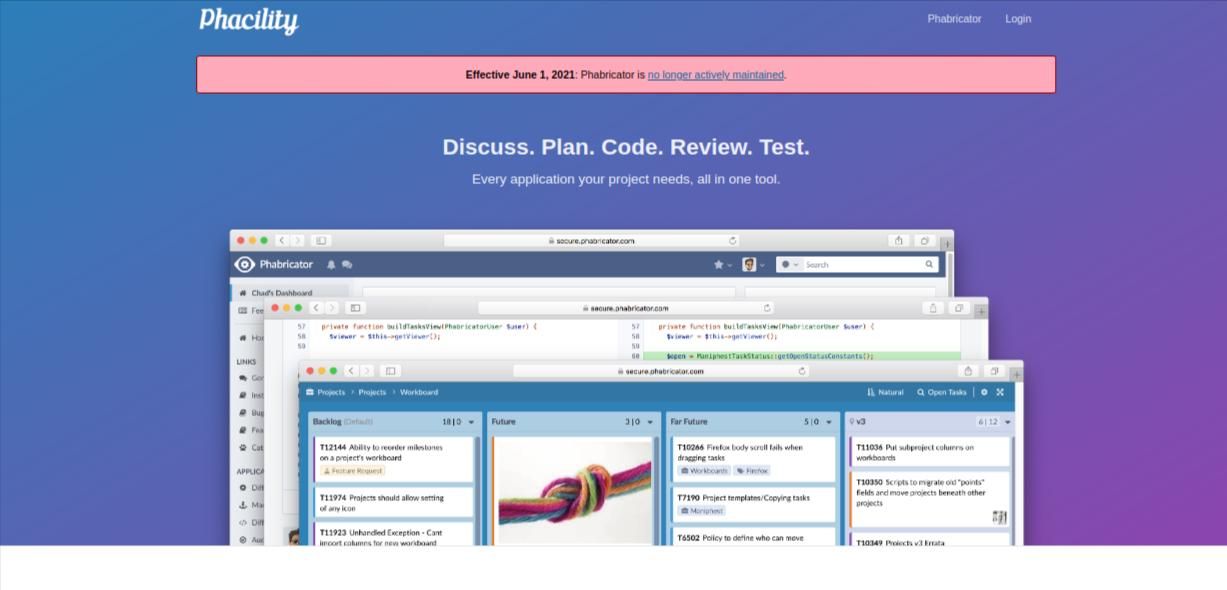
Phabricator was a powerful open-source suite for peer code review, task management, and version control. Although it has been archived, forks and community versions like Phorge continue its legacy.
Key Features:
- Code review with Differential.
- Task tracking with Maniphest.
- Wiki and documentation with Phriction.
Why It’s Great for Collaboration:
For teams that used or forked Phabricator, it offered a powerful, all-in-one collaboration suite that went far beyond just version control.
9. Sr.ht (SourceHut)
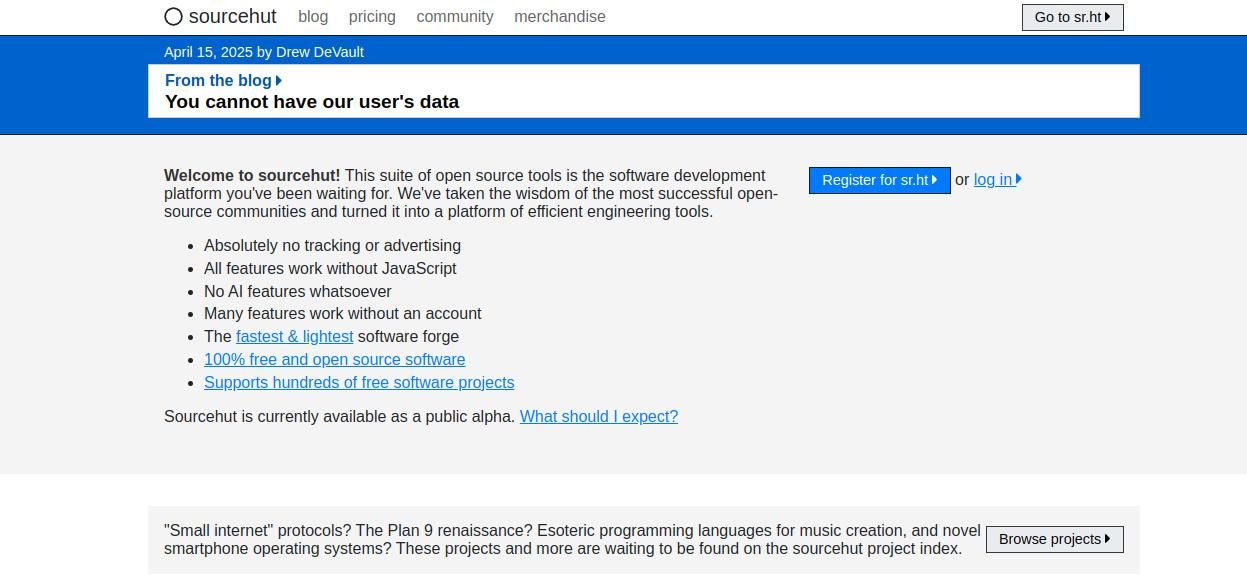
SourceHut is a minimalist, fast, and scriptable Git platform tailored for power users and developers who favor a command-line-first approach. Optimizing the development workflows with expert DevOps engineers are always a great way for ensuring the application robustness.
Key Features:
- Git repositories, mailing lists, build services.
- Minimalist UI focused on performance.
- CI integration with builds.sr.ht.
Why It’s Great for Collaboration:
SourceHut supports asynchronous collaboration via patches and mailing lists, making it ideal for advanced users and open-source contributors who prefer speed and minimalism.
10. RhodeCode
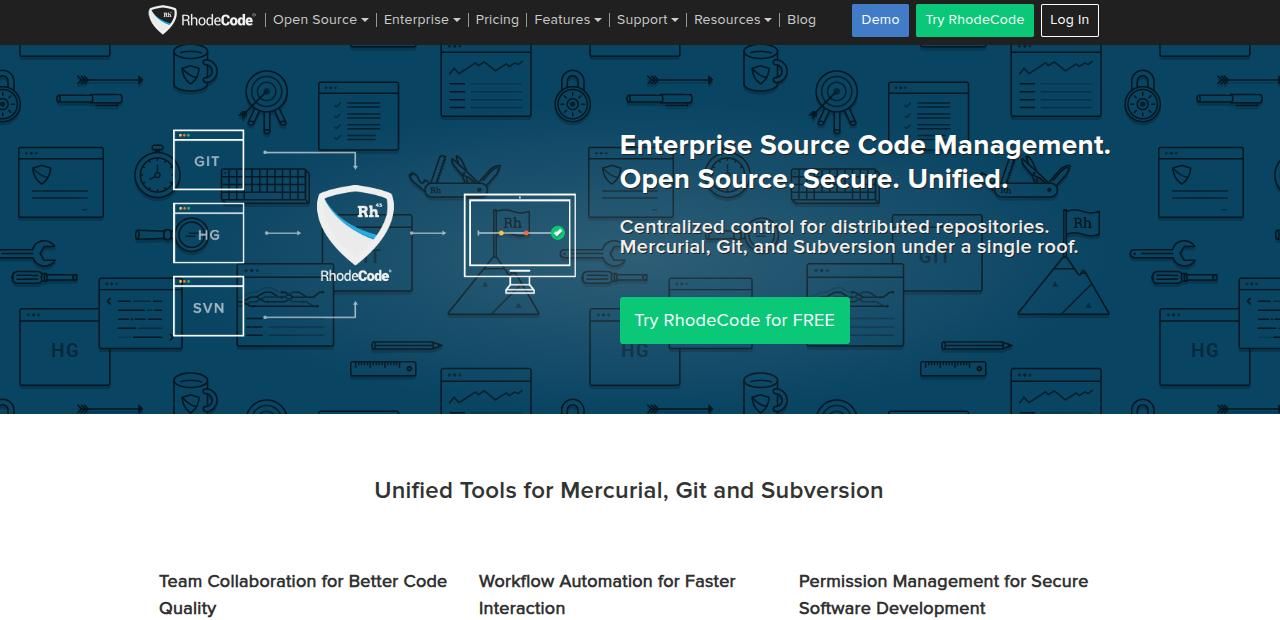
RhodeCode is an enterprise-focused code collaboration platform that supports Git, Mercurial, and Subversion repositories under one interface. The Wordpress development is known for crafting easy and secure websites and is trusted by the whole php community.
Key Features:
- Unified repo hosting for Git, Mercurial, and SVN.
- Enterprise-grade permission controls.
- On-premise deployments with high scalability.
Why It’s Great for Collaboration:
RhodeCode is ideal for enterprises that still maintain legacy systems or need multi-VCS support. Its granular permissions and auditing features cater to regulated environments.
Conclusion
While GitHub continues to dominate the landscape of collaborative development, it’s not a one-size-fits-all solution. The top 10 GitHub alternatives highlighted above cater to a wide variety of needs — from lightweight self-hosted tools to full enterprise-grade platforms. Whether you're looking for better pricing, enhanced control, deeper DevOps integration, or open-source values, there’s a platform out there that fits your team. There are lot of devops tools which can enhance the developer team's productivity and efficiency.
Adopting the right Git platform is not just about managing code — it’s about empowering your developers to collaborate more effectively, innovate faster, and build better software together. Evaluate your needs, test the platforms, and choose the one that scales with your vision.

